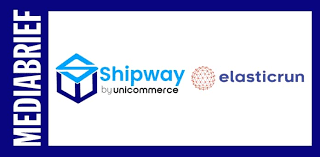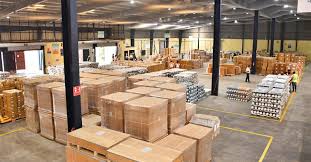
In the current globalised supply chain, ethical challenges may arise at different stages. Companies must proactively identify and address these concerns for responsible and sustainable operations. Issues like forced labour, environmental sustainability, and transparency need attention. To aid companies, a multi-faceted approach is needed: robust supplier evaluation, code of conduct implementation, technology for transparency, external partner collaboration, education, training, and transparent reporting. These strategies mitigate risks and promote a responsible global supply chain:
- Technology for Transparency: Implementing digital tools and platforms, such as IoT and blockchain, can enhance supply chain transparency and traceability. Real-time data on labour conditions, environmental impact, and product origins can be captured, enabling timely identification of ethical issues and prompt corrective actions.
- Collaboration with External Partners: Engaging with industry associations, NGOs, and other stakeholders provides valuable insights and expertise. Collaborative efforts lead to the development of best practices, independent audits, and guidance on responsible sourcing and sustainability initiatives.
- Education and Training: Investing in education programmes for employees, suppliers, and stakeholders is vital to promoting ethical practices and raising awareness about potential risks. Training should cover topics like labour rights, environmental impact, and responsible sourcing.
- Transparent Communication: Regularly sharing information on supply chain practices, efforts to combat ethical issues, and sustainability progress builds trust with customers, investors, and the public.
During times of crisis, maintaining ethical practices in supply chain operations can be challenging. Guiding principles to make ethically responsible decisions include flexibility, a well-defined crisis management plan, open communication, collaboration, and risk assessment.
Ethics Group
The Ethics Group comprises various companies with defined ethical sourcing goals, supplier criteria, and integrated procurement processes using innovative tools. We’ve created supplier codes of conduct, conducted audits, and enhanced supply chain transparency. Technologies like blockchain ensure traceability and accountability. We aid in monitoring and reporting supplier compliance, facilitating ongoing improvements, and benchmarking against industry standards. By mapping the entire supply chain, we can identify risks and monitor performance. Our guidance empowers companies to adopt responsible sourcing practices, treat suppliers fairly, and maintain ethical standards throughout their supplier network, demonstrating a commitment to long-term sustainability.
To improve supply chain transparency, businesses can be supported in implementing technologies like blockchain, digital identities, IoT devices, and data integration systems. These empower customers and stakeholders to trace and verify the origin and ethical practices of products.
Enhancing sustainability
For sustainable supply chain operations, organisations can be helped by adopting eco-friendly packaging solutions, reducing fuel consumption, implementing just-in-time inventory management, and conducting sustainability assessments. Educating employees on sustainability practices fosters a culture of responsible behaviour.
By incorporating these strategies, organisations can promote ethical and sustainable supply chains, reduce environmental impact, and build trust with stakeholders and customers. Embracing responsible practices ensures long-term sustainability and contributes to a positive global impact.
The Ethics Group comprises various companies with defined ethical sourcing goals, supplier criteria, and integrated procurement processes using innovative tools











